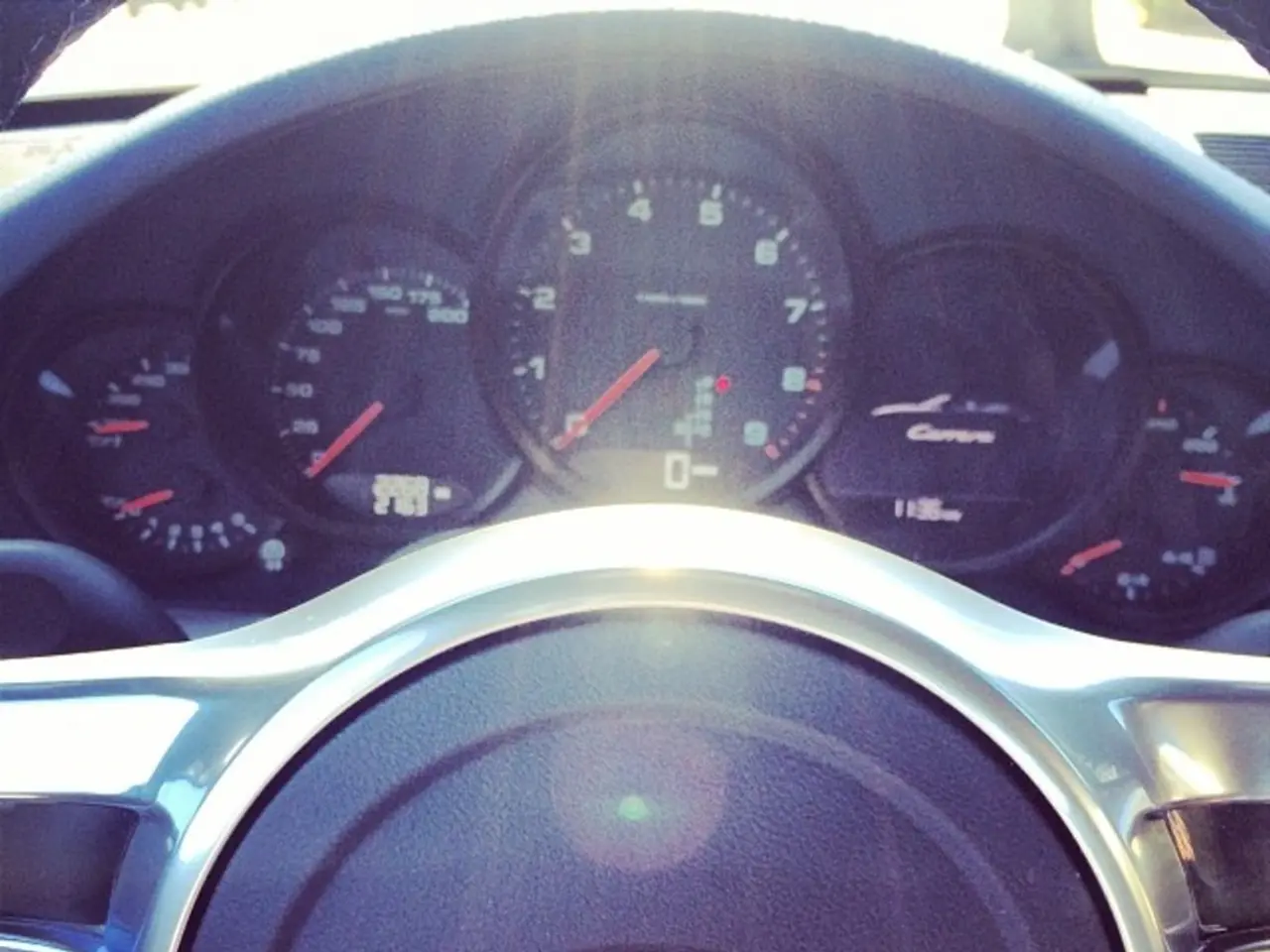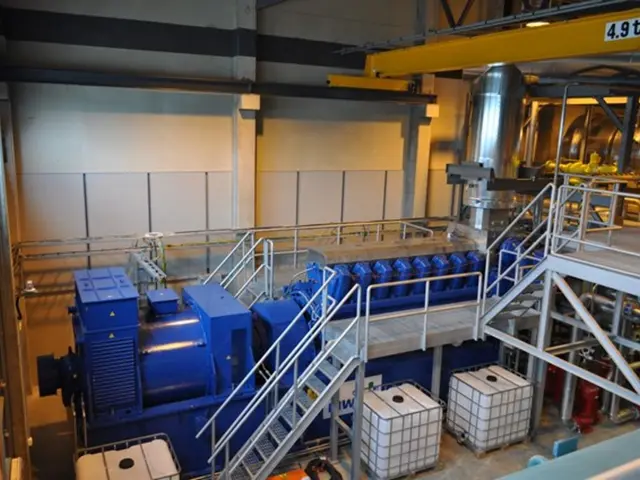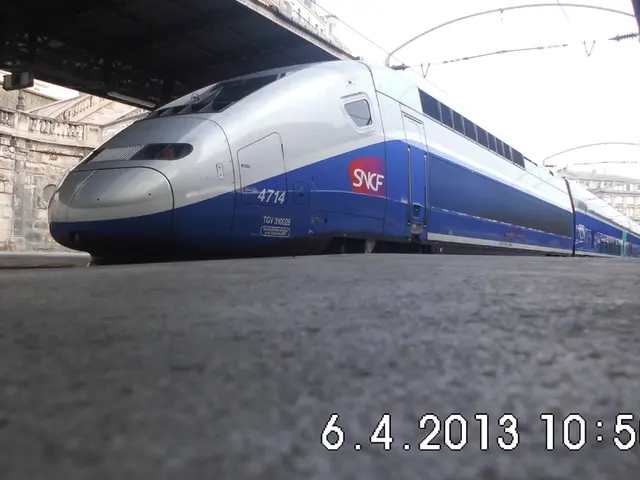Stock Market Unrest in Germany - Investors Keep a Close Eye on Porsche and Qiagen Stocks
In the face of escalating U.S.-Europe trade tensions and tariff threats linked to the protectionist stance of the incoming U.S. President Donald Trump, the German stock market has shown remarkable resilience in 2025. The DAX index, the country's benchmark stock index, has surged to historic levels, breaking above the critical technical threshold of 24,000 points multiple times, indicating strong investor confidence and technical support [1][3].
The market has been characterized by a "wait-and-see" approach, as investors respond to ongoing tariff negotiations and temporary pauses on contentious issues like digital services taxes. This diplomatic signaling has triggered short-term rallies, alleviating some fears of a full-blown trade war and supporting stocks within the DAX, including industrials and technology sectors [3].
The DAX’s price-to-earnings (P/E) ratio has increased notably to about 18.67, above its historical five-year average, signaling that the market is somewhat expensive and that investors are pricing in risks. The elevated valuation reflects both optimism about eventual trade de-escalation and concerns about inflation risks and earnings visibility amid continued geopolitical tensions [4].
The impact of these economic uncertainties can be seen in the performance of individual stocks. While specific share performance data for Porsche and Qiagen in this period is not detailed, the outlook can be inferred based on their sectors and the DAX context.
Porsche, as a major German automaker and part of the industrial-heavy DAX subset, is likely impacted by trade tensions due to its export exposure and supply chain links to the U.S. market. However, the broader DAX resilience and technical breakthroughs around 24,000 suggest a strong recovery or stability in its share price, supported by investor confidence in German industrials despite tariff concerns [1][3][4].
Qiagen, a biotechnology firm part of the technology and health sector, may benefit from exemptions granted in negotiations around pharmaceuticals and semiconductors, helping to mitigate tariff risks. The technical breakout and positive investor sentiment in technology stocks within the DAX signal a favorable environment for Qiagen shares despite broader economic uncertainty [1][3].
Despite these positive signs, the overall automotive sector is experiencing weakness on the Frankfurt exchange, with Porsche shares being part of this trend, experiencing a decline of 3.6% in performance [2]. The ongoing nuclear threat from Russia in the Ukraine conflict and economic concerns, particularly regarding China's current economic situation, are contributing to this weakness [5][6].
The Euro Stoxx 50, another important European stock market index, is holding steady at 4,731 points [7]. However, there is much uncertainty on the Frankfurt exchange, especially regarding the coming year, with experts expressing uncertainty about how Trump’s economic policy will affect Europe and whether the upcoming elections in Germany will bring the hoped-for economic turnaround [8].
In conclusion, although the protectionist economic agenda of President Trump initially contributed to market volatility and tariff threats affecting German equities, the DAX has demonstrated strength and technical resilience in 2025. Both Porsche and Qiagen shares are likely navigating these conditions with some stability, supported by ongoing trade negotiations and investor confidence in Germany’s export and technology sectors [1][3][4]. The performance of Porsche shares, however, is being affected by the broader weakness in the automotive sector.
In the context of the DAX's impressive performance in 2025, despite tariff tensions and elevated geopolitical risks, Porsche and Qiagen shares are demonstrating resilience and navigating the conditions with some stability. This is due to ongoing trade negotiations and investor confidence in Germany's export and technology sectors, with the strong performance of the DAX providing technical support for Porsche, despite the broader weakness in the automotive sector, and a favorable environment for Qiagen given potential exemptions in negotiations.








